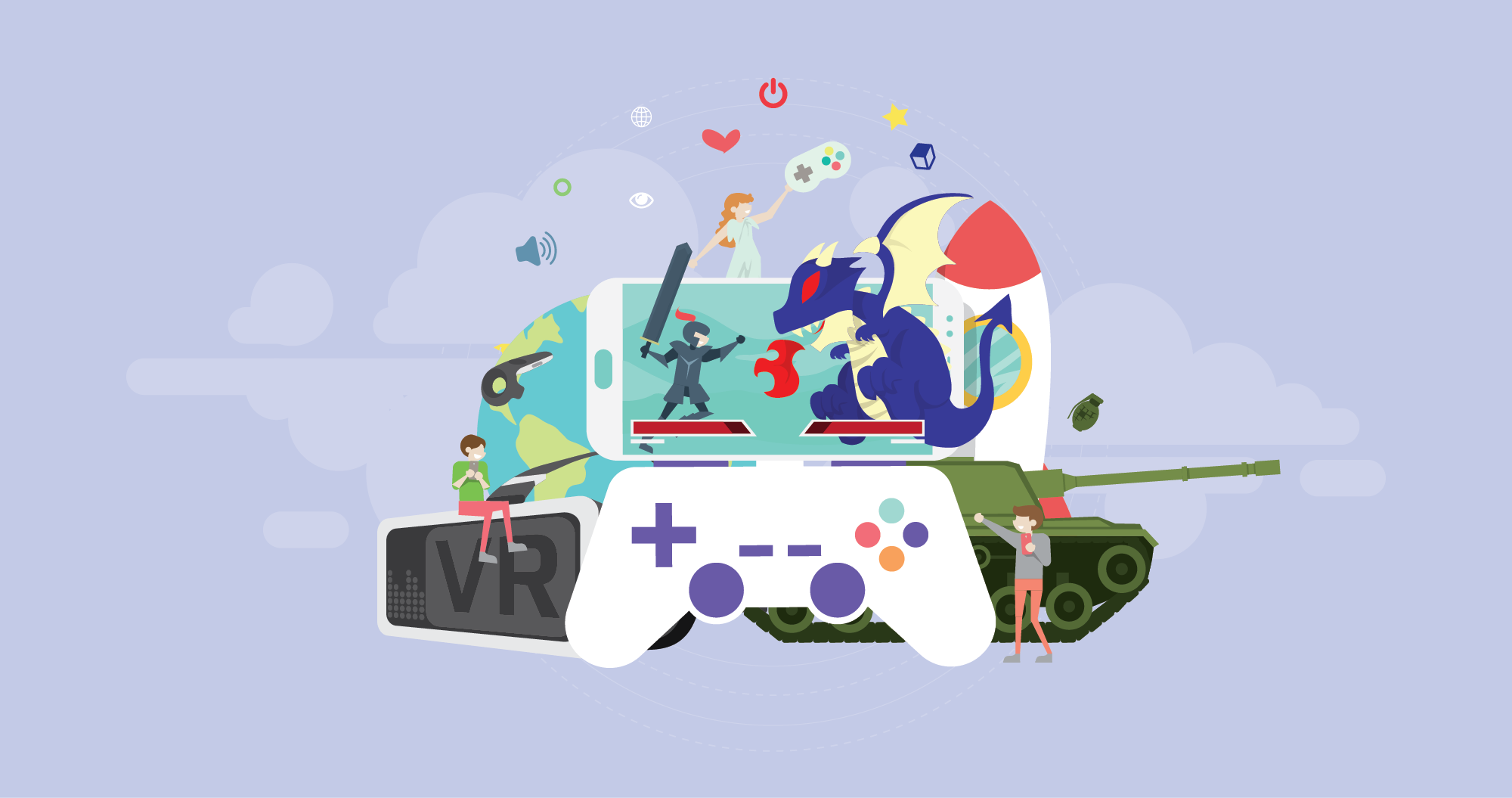I have never quite considered myself a gamer. Games seem to permeate every platform and device size nowadays, allowing a person to hop from one game on their tv, then play a mobile game during a commute to work, and don’t forget the long form games where you make a move a day against someone online when you have that spare break moment throughout the day. It tends to feel like a paralyzing claustrophobia of gaming options begging me to spend my time and attention (I have hundreds of tv shows for that already).
The Time Waster Plague
My biggest gripe against videogames recently has been the introduction of what I call the “time wasters” category. The games that have little to no purpose other than to repeat simple and mindless mechanics perpetually with no goal and no real benefit other than watching a few numbers get larger or watching your skill for this mundane task refine. Don’t get me wrong…I play Pokemon Go, which in essence is still just a time waster (Gotta Catch ’em All!). The developers have added what can be described as the thinnest layer of a story connecting the mobile game to the rest of the Pokemon universe, but there is no attainable end. You can’t literally catch them all and claim victory. There is no elite four to defeat, ending the main storyline after you’ve become champion, like in the handheld console versions of the Pokemon games. Pokemon Go just keeps going on…and on…and on. Maybe Candy Crush is more your style. Or the ridiculous amount of first person shooters or mobile arena games where you spend 10+ minutes with other online folks, only to repeat another 10+ minutes after. What is the point?!
The New Initiative
Due to all the Time Wasters available, I made a commitment when I decided to get back into gaming. I would only play games that have an attainable ending (even if it was one of multiple endings depending on decisions made throughout the game, or how you decide to play the game). Each game would also need to have a good story that I could absorb into and invest my emotional effort and care. Time wasters were not an option, no matter how popular (sorry, Fortnite, you do look flashy).
I created a list of games…and maybe jumped the gun and purchased more than I could complete in a year on my Nintendo Switch after seeing some reviews online…and began a new journey. I set aside time everyday that wasn’t jam packed with responsibilities and necessary errands and chose to play a game over watching a tv show whenever possible.
The Tracking
In order to keep track of my progress, because I am entirely incapable of playing just one game at a time, I started a gaming journal where I would keep a running log of all the major story plot points I played through.
I’ve found this to be incredibly helpful when I’m jumping back into an incomplete game after a few weeks of grinding through another game that caught my interest. I’m also finding that it has bolstered my memory of these game’s storylines. Have you ever played completely through a game, and for the most part you remember the major plot points (they fought, some died, we won in the end, woooot), but you sort of forgot the minor-major plot points that help build the story as a whole (they fell in love over a star fruit and dreams of other worlds! Awwww!).
This always leaves me feeling like I rushed through a game. I think back on games like this and just remember the overall feeling I had towards it. “Yep, that was a great game! Don’t ask me why! I just remember I LOVED it!” But, I struggle to describe to others why I liked it and why they should play it. I just hope that my intense emotional response will be enough to convince them.
The Joy
So far I’ve completed about 6 games and I’m in the middle of a good 5 others. I absolutely love the storylines of some of the games I’ve completed. Literal tears during parts of Ghostwire: Tokyo and Breath of the Wild. Absolute rage at times while playing Control. All immensely fantastic stories.
I’ve also learned so much about game mechanics, user interfaces, and keeping a user interested with surprising inconsistencies. I find myself bringing some of what I have learned into my professional life by citing an interface design I encountered that may prove useful in a current project, or even by retelling a storyline that has some sort of connection or relevance to a moment with a colleague. Have you ever tried teaching someone a skill? Take a page out of beginning of game tutorials and walk them slowly through each part of the skill, giving them something to practice before moving on to another part of that skill. I still don’t understand how I can remember all the move sets in some games and press all the buttons like I’ve been doing it all my life. But, I wasn’t able to for the first few hours of the game. It took repetition and practice.
Give a Game a Try
If you haven’t dipped your proverbial gaming toes into playing video games recently, I encourage you to give them a try! Keep an open mind and view games with a professional eye. If you’re a writer, focus on how the stories are written and divulged to the user. Educators can learn from the tutorial systems and slow game mechanic explorations. Game development is so involved that I feel like any profession can find something useful to learn. If anything, take the time to disconnect for a while and dive into a new world!

